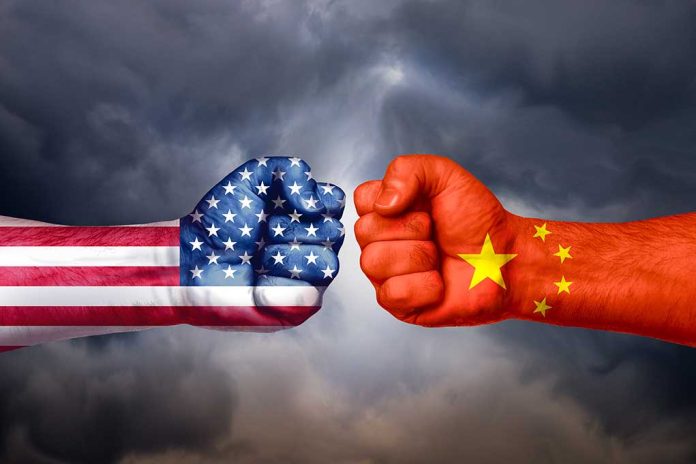
An aide to the New York governor stands accused of acting as a Chinese agent, shedding light on China’s ongoing strategy to infiltrate U.S. local politics.
At a Glance
- China targets state and local politicians due to their relative lack of security.
- The case of a New York aide underlines China’s interest in U.S. state governance.
- Chinese efforts extend to controlling the Chinese diaspora in key U.S. cities.
- China’s influence touches various U.S. sectors, including technology and entertainment.
Strategies of Influence
China’s strategy to influence U.S. politics is shifting from a focus on national leaders to state and local policymakers. The recent charges against a New York governor’s aide reflect Beijing’s intent to penetrate less guarded political arenas. Deteriorating U.S.-China relations have forced Beijing to exploit vulnerabilities at the state level, where politicians often exhibit less security awareness. This shift allows China to create a network of potentially influential figures with favorable views of China.
Xi Jinping’s leadership since 2012 has seen the use of “sharp power,” where China wields influence through tailored messages, manipulation, and censorship. In this context, China’s influence is growing across all levels, including businesses and sectors such as sports, entertainment, and technology. These arenas often prize access to China’s massive market, making them susceptible to manipulation from Beijing.
🚨 🚨 🚨 NEW @FDD REPORT🚨 🚨 🚨 #China’s Subnational Reach Into the United States
The latest research from my colleagues Emily de La Bruyere and Nate Picarsic uncovers a critical yet often overlooked threat: China’s influence operations targeting U.S. states and local…
— Craig Singleton (@CraigMSingleton) December 17, 2024
Divergence in Diplomatic Relations
U.S. diplomatic relations with China are strained, which complicates Beijing’s access to U.S. national leaders and channels influence toward local levels. Chinese state media, like CGTN, plays a substantial role in exerting influence, dominating U.S. Chinese-language media. In addition, Beijing engages with the Chinese diaspora, particularly in cities such as New York and San Francisco, to exert control and limit Taiwan’s influence.
Even as U.S. law enforcement geared up for potential interference by China in elections, Beijing continued to pursue its intrigue strategy. It utilized donations, cultural exchanges, and other incentives to win over local politicians. FBI investigations into China’s influence operations had been expanding, with the U.S. intelligence community on alert for any signs of meddling in recent election cycles.
Cultural Reach and Surveillance
China’s influence transcends political maneuvering. Institutions such as Confucius Institutes and Chinese Students and Scholars Associations provide Beijing the platforms to promote its interests further and surveil Chinese students in America. Furthermore, China leverages its technological prowess to raise concerns about data privacy, particularly with apps like TikTok, and exerts pressure on tech firms to comply with censorship demands.
This growing authoritarian influence from China poses a threat beyond traditional national security concerns and is indicative of broader ideological challenges. Beijing’s ambition to steer American society steers clear of direct confrontation, instead slowly permeating the fabric of local politics and communities with calculated precision and persistence.





